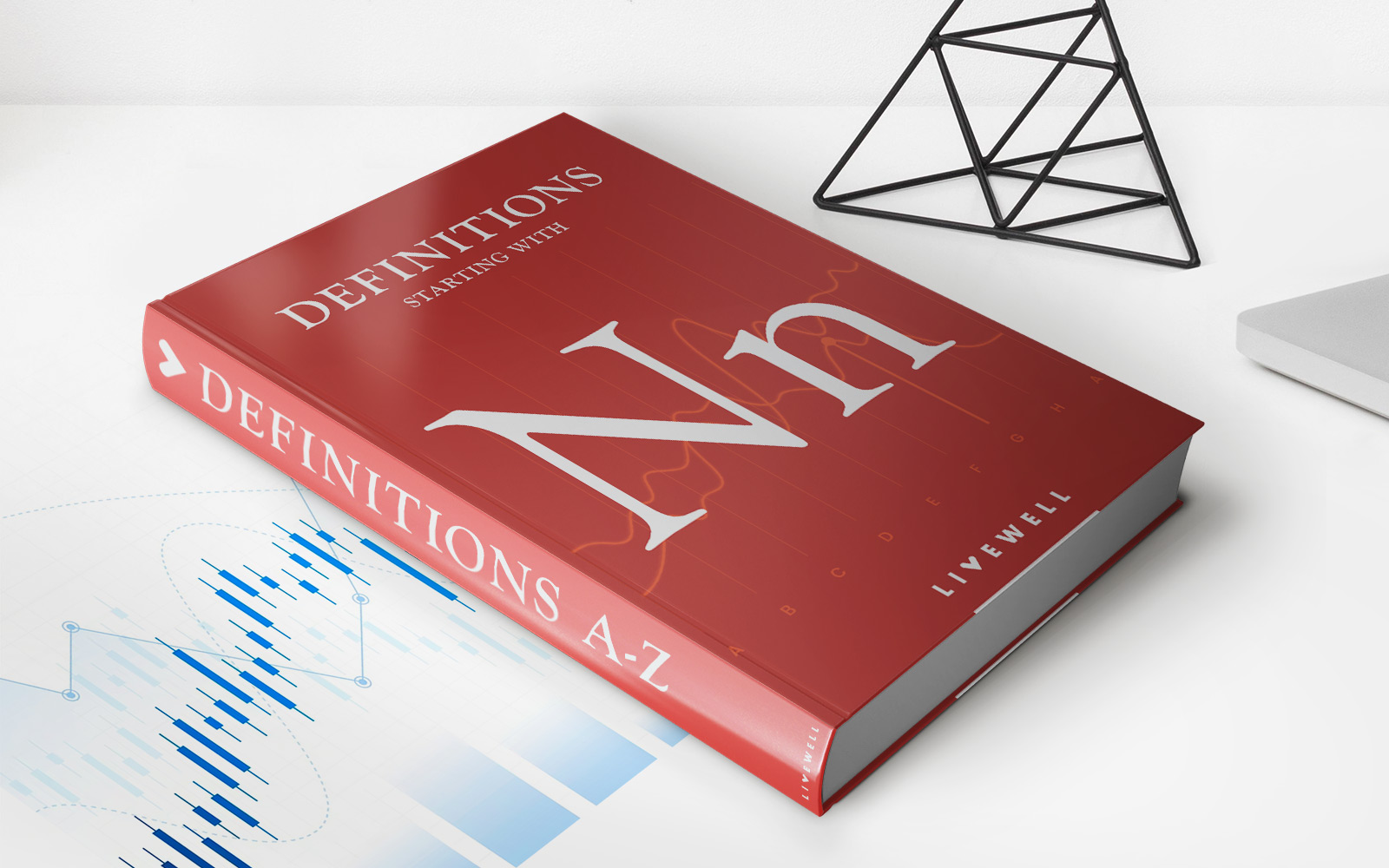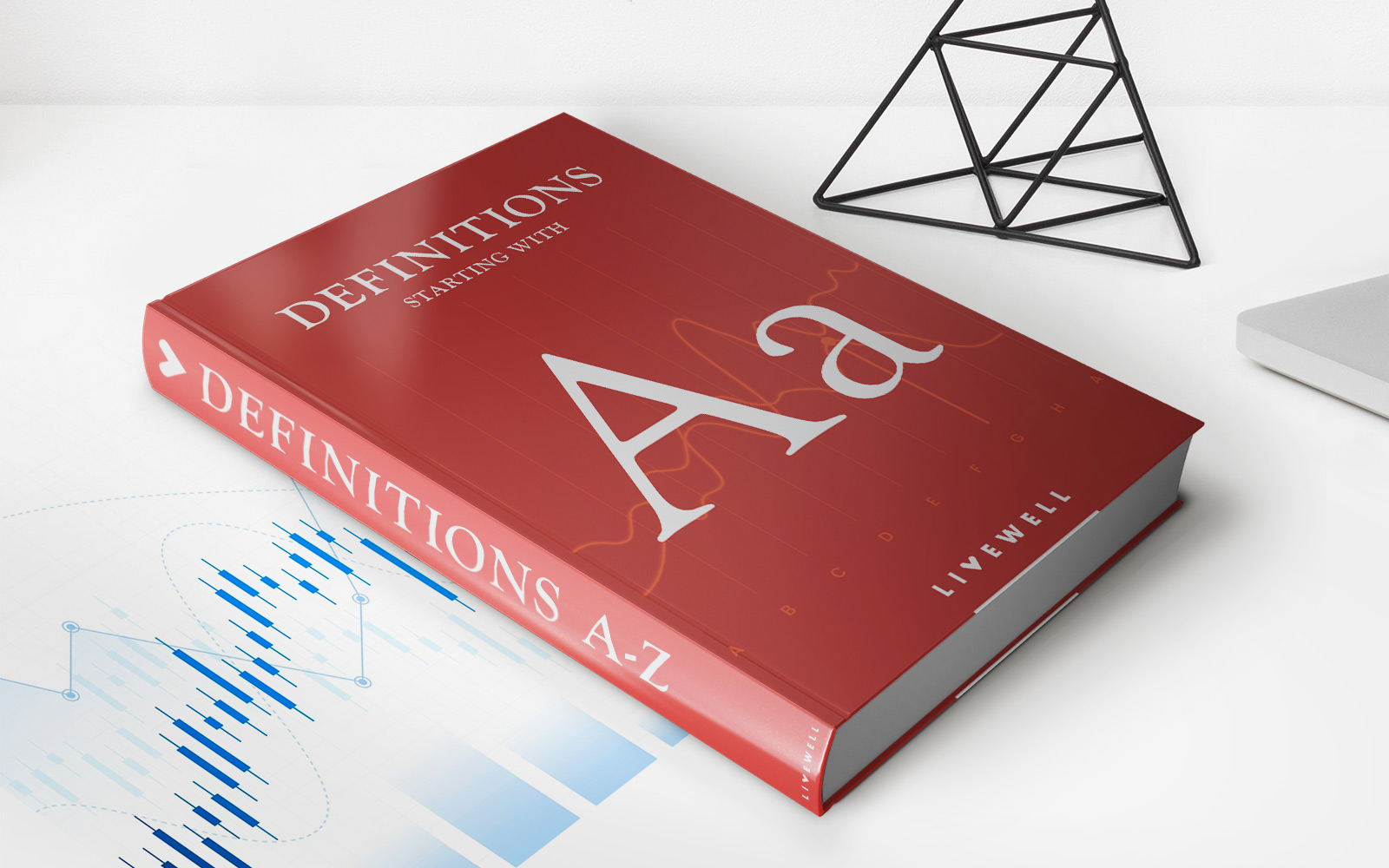Home>Finance>What Is The Chicago School Of Economics? Definition And Aspects


Finance
What Is The Chicago School Of Economics? Definition And Aspects
Published: October 26, 2023
Discover the Chicago School of Economics, its definition, and key aspects. Explore the influence of this renowned institution in the field of finance.
(Many of the links in this article redirect to a specific reviewed product. Your purchase of these products through affiliate links helps to generate commission for LiveWell, at no extra cost. Learn more)
Understanding the Chicago School of Economics
When it comes to understanding different economic theories, the Chicago School of Economics is undoubtedly one of the most prominent and influential schools of thought. Founded in the early 20th century, it has shaped the way we perceive and analyze economic systems. In this article, we will explore the definition of the Chicago School of Economics as well as its key aspects.
Key Takeaways:
- The Chicago School of Economics is a renowned economic theory school founded in the early 20th century.
- It emphasizes free-market principles, individual freedom, and limited government intervention.
The Definition of the Chicago School of Economics
The Chicago School of Economics is a financial and economic theory school that emerged as a prominent force in the 20th century. Based at the University of Chicago’s Department of Economics, this school of thought advocates for the free-market system, individual freedom, and limited government intervention in economies.
This approach to economics gained considerable attention and influence during the post-World War II era. The Chicago School’s adherents argued that free markets are the most efficient and effective means of allocating resources, promoting economic growth, and achieving overall prosperity.
The Key Aspects of the Chicago School of Economics
Now, let’s delve into the key aspects that define the Chicago School of Economics:
- Free-Market Principles: The Chicago School places a strong emphasis on free-market principles. It argues that allowing market forces to operate with minimal intervention leads to the most optimal outcomes for individuals and society as a whole. It opposes excessive government regulations and favors the belief that voluntary interactions between individuals in the market will result in mutually beneficial outcomes.
- Focus on Individual Freedom: Individual freedom is a core tenet of the Chicago School’s philosophy. It argues that individuals should be free to make their own decisions, both economically and socially. It advocates for limited government intrusion in personal and business matters, as it believes this leads to a more prosperous and equitable society.
- Emphasis on Property Rights: The Chicago School places significant importance on protecting property rights. It argues that secure property rights encourage investment, innovation, and economic growth. By protecting property rights, individuals are motivated to take risks, invest in productive activities, and contribute to the overall development of society.
- Efficiency and Market Solutions: Another core aspect of the Chicago School of Economics is its belief in the efficiency of markets. It posits that market mechanisms are more effective than government intervention in effectively allocating resources. The Chicago School argues that market forces, driven by supply and demand dynamics, achieve desirable outcomes and create the most efficient economic system.
In Conclusion
The Chicago School of Economics is a significant economic theory school that has shaped the way we think about markets and economic systems. With its emphasis on free-market principles, individual freedom, and limited government intervention, it has contributed to the understanding of how economies can thrive. Understanding the key aspects of this school of thought can provide valuable insights into the complexities of economic theory and its real-world implications.
Ultimately, the debate between various economic theories continues to shape the policies and decisions made by governments and institutions around the world. By exploring different schools of economic thought, we can gain a more comprehensive understanding of the factors influencing our economies and work towards creating more prosperous and equitable societies.














